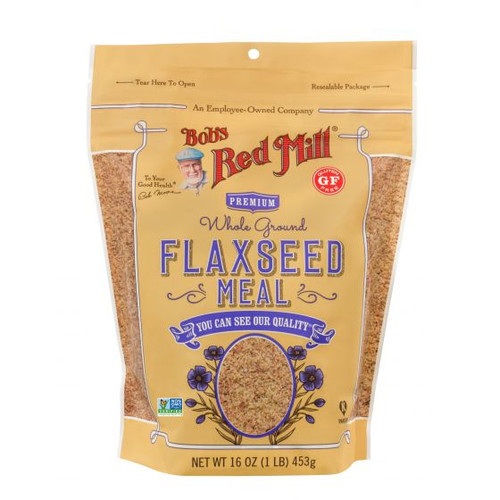Ingredients
organic ground whole flaxseeds.
This product hasn't received any reviews yet. Be the first to review this product!


















Top Searches
Most Popular
